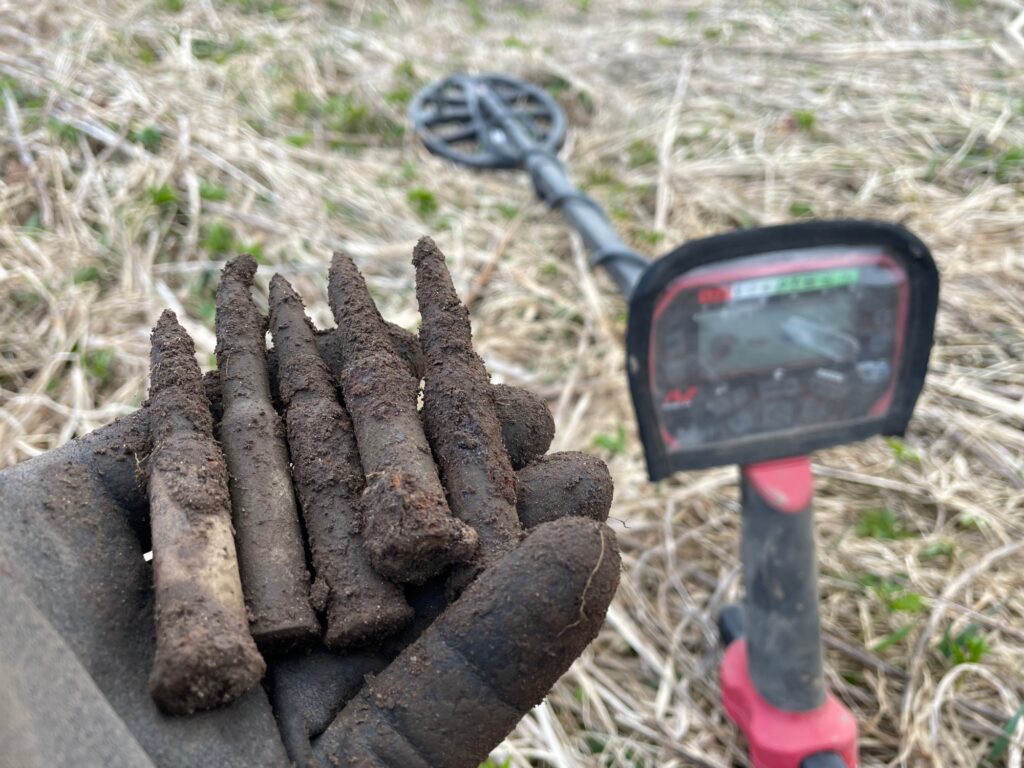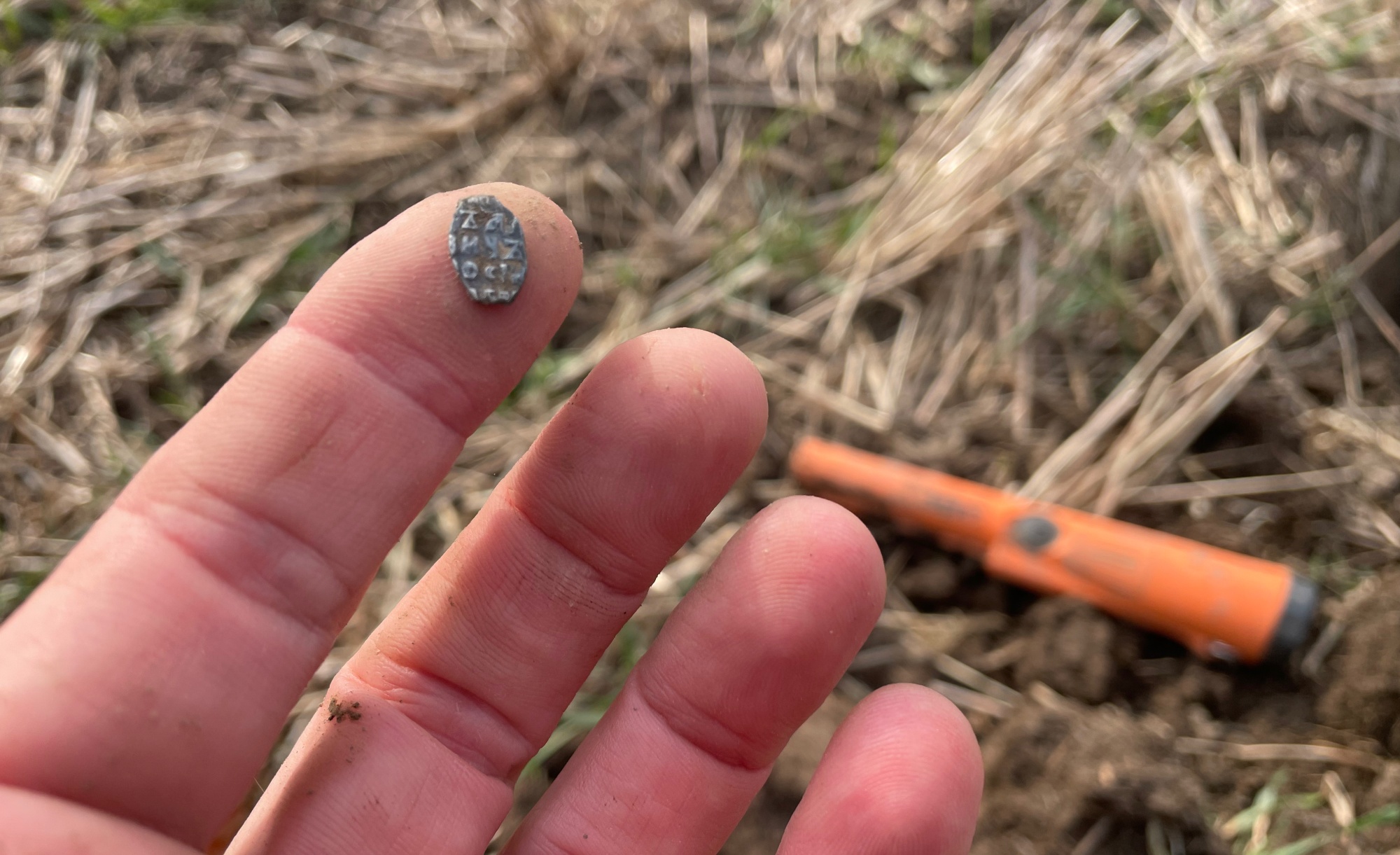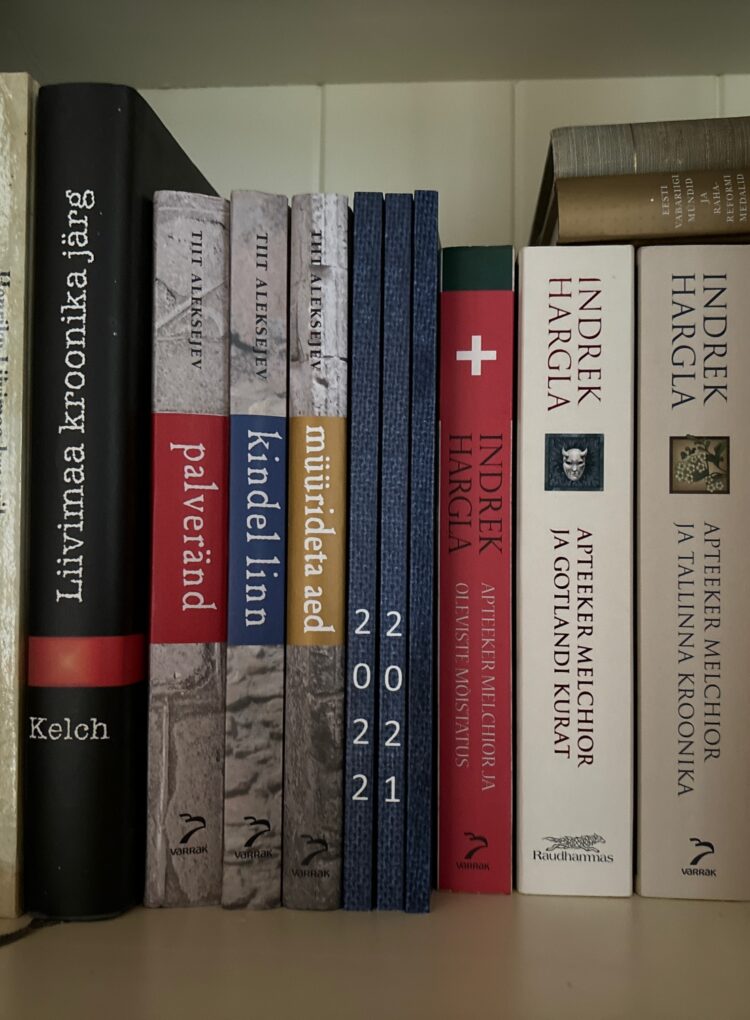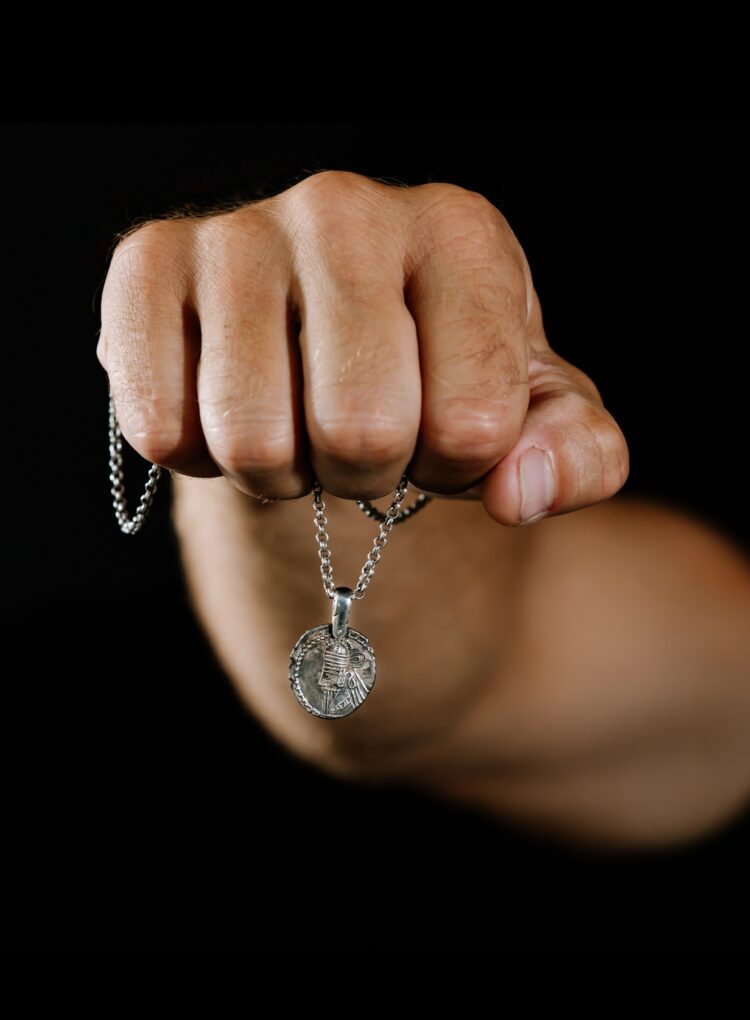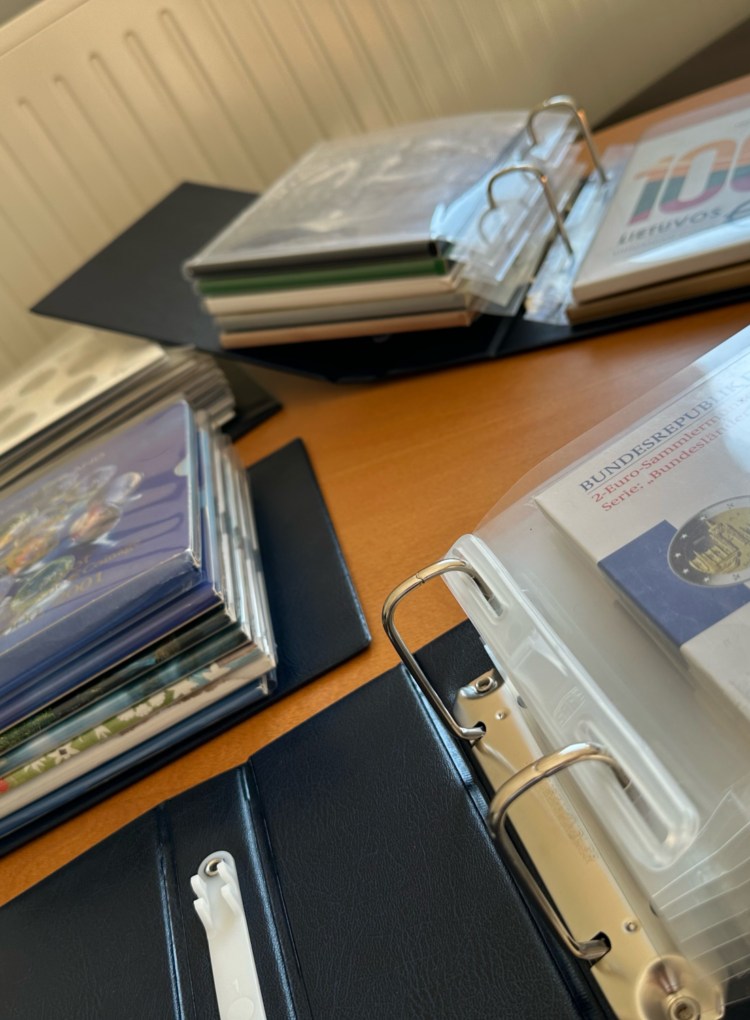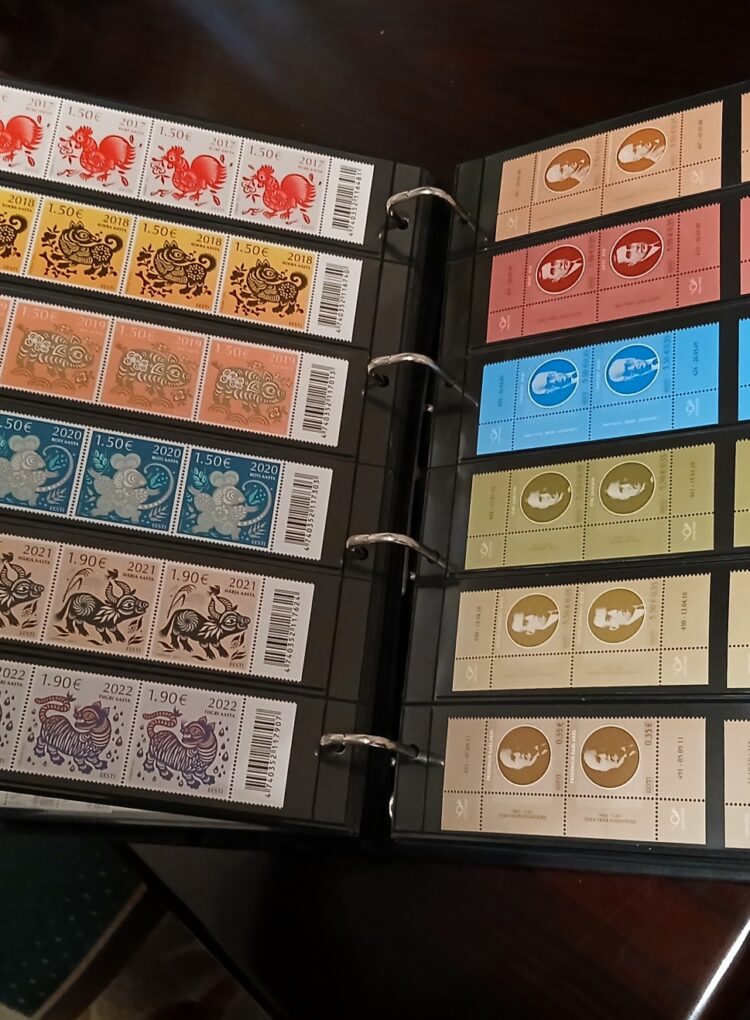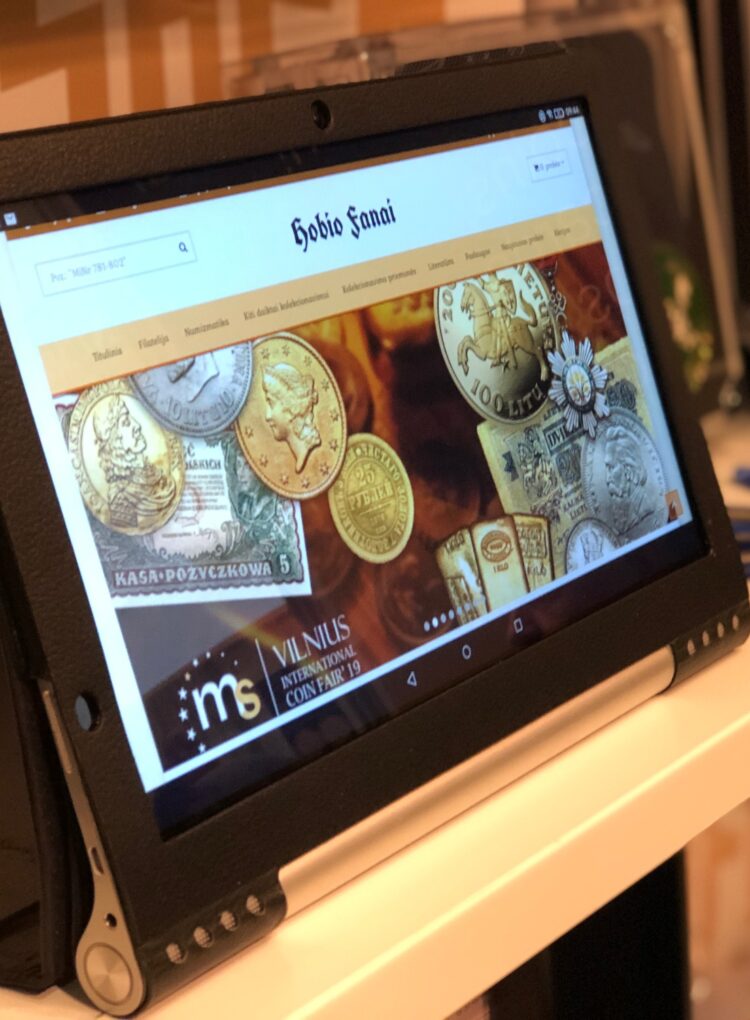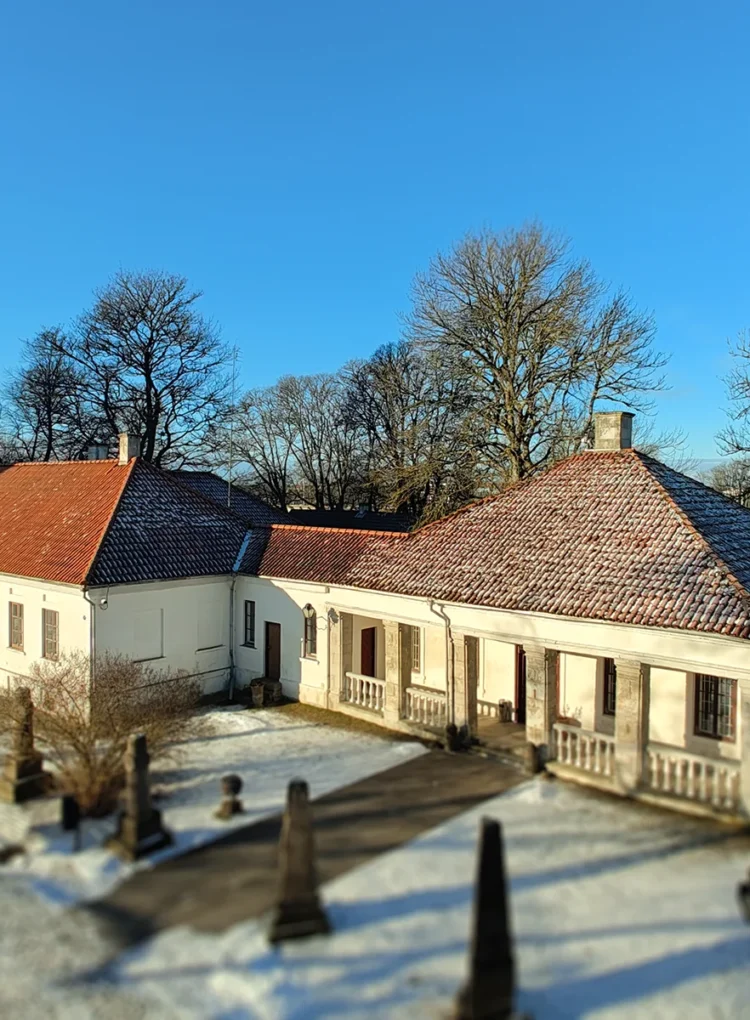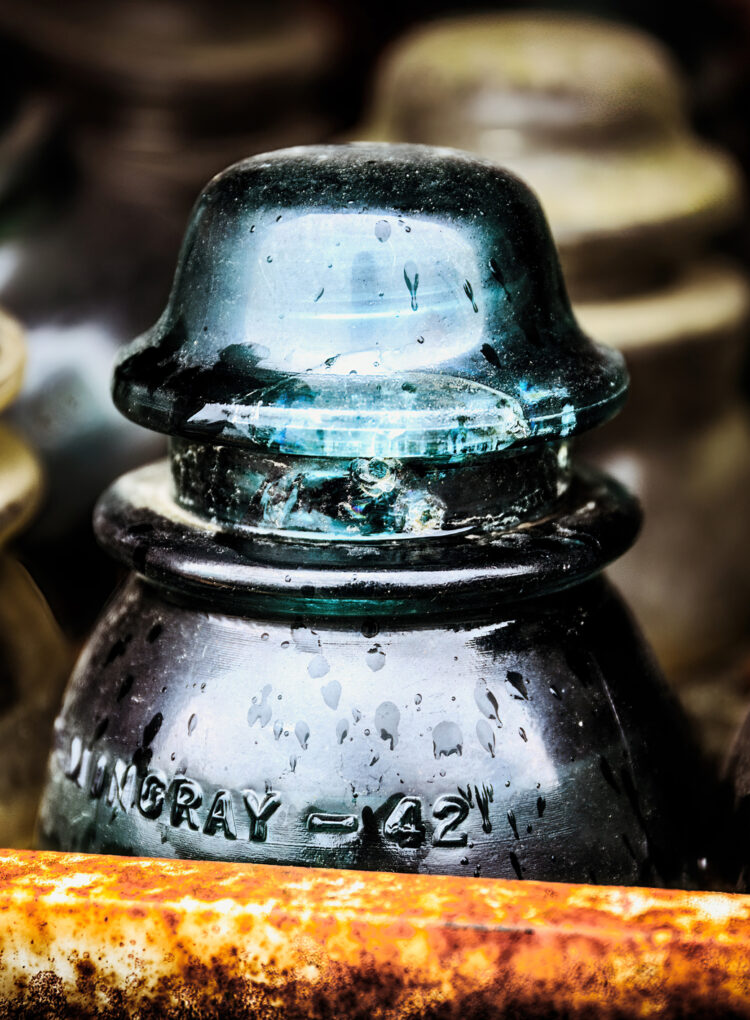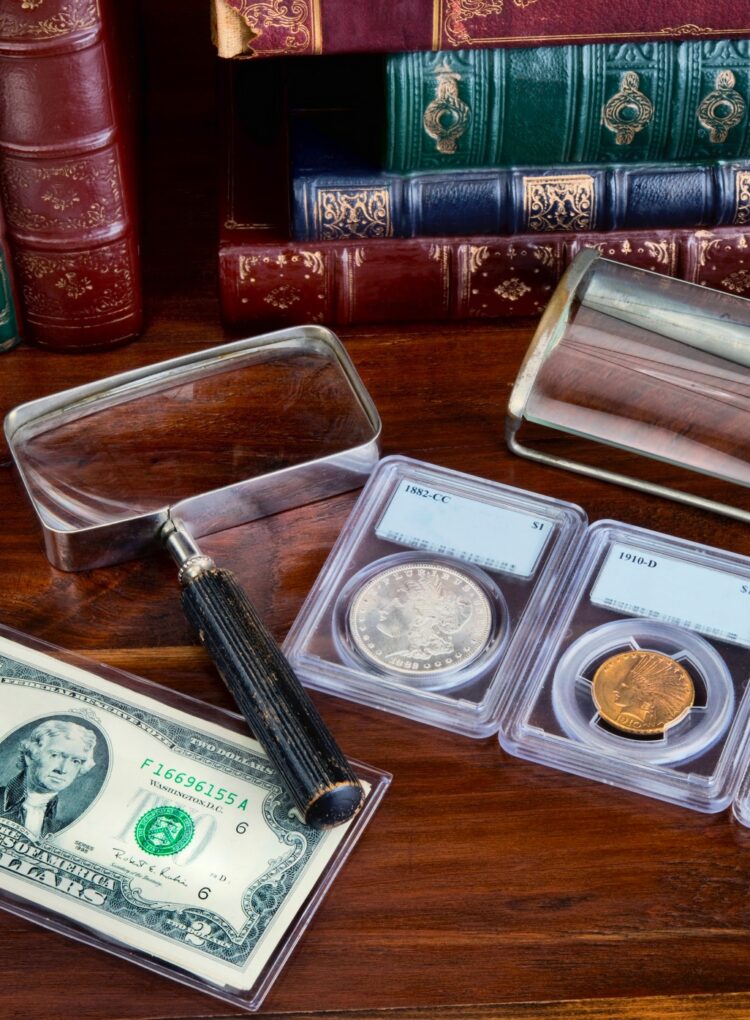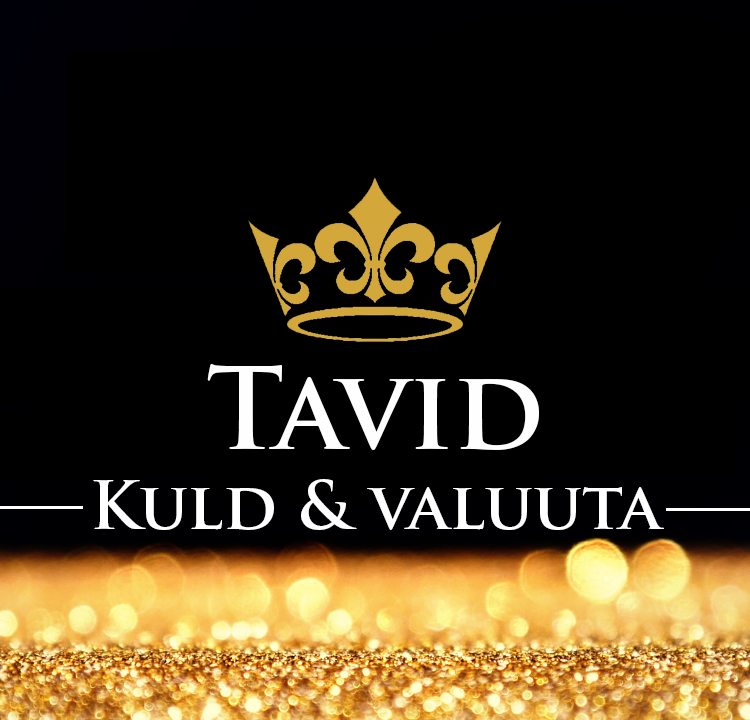Behind the Facebook username HomoDetectus hides an Estonian hobbyist metal detectorist who was willing to share the background and motives of his hobby.
The Essence of Collecting
Throughout my life, I have encountered collecting in various ways, and it seems that the bug has been inherited. In primary school, I collected stamps, later coins. As an adult, when I started collecting postcards, I delved quite deep, and in recent years, I have intermittently tried to stay informed about various collecting fields.
Although collecting as a phenomenon has not disappeared from the world, on the contrary, it seems to be gaining momentum, I have observed a fundamental change in its nature in this field for myself. While collecting something used to mean effort, searching, communication, and the joy of finding, nowadays, money is enough. It has always been the case that the best offer wins. However, the open world, different communication channels, and shopping environments amplify the role of the best bidder to such an extent that almost any top-level collection is easily purchasable with resources. Identifying the value of items is also incredibly easy nowadays, thanks to various databases.
The question is not whether all of this is good or bad. For me, the question lies in the element of surprise, uncertainty, the knowledge that a good collection also involves a fair amount of luck and chance. That’s why, in recent years, I have turned my attention to such collecting fields.
Back to the Roots

One of my collections consists of findings from a not-so-old village. I use the term “collection” broadly because it includes all meaningful items with value in addition to coins. For example, buttons, buckles, rings, pendants, horse gear decorations, tokens, keys, casings, seals, and of course, coins, coins, coins.
There is only one way to acquire such a collection – metal detecting, searching for metal objects in water and on land with a metal detector. However, just having a metal detector is not enough in Estonia! It should be noted that the law requires undergoing special training for this, based on which the National Heritage Board issues a search tool permit. And that’s not all – in addition, every legal search must be coordinated with the National Heritage Board and the landowner. I have successfully completed the training, and the search tool permit is in place.
What Fascinates Me About Metal Detecting
What fascinates me about metal detecting, especially in a restricted area, is the complete dependence of the result on the skills, knowledge, and chance of the searcher. Even a top-notch device does not determine everything because it’s impossible to find something where someone hasn’t lost anything. Often, interesting items come from places where one wouldn’t expect to find them, and vice versa. Deductive thinking simultaneously works and doesn’t work. In a sense, modern thinking categories need to be forgotten, and attention focused on “timeless” phenomena, such as landforms that either facilitated or hindered movement, construction, animal husbandry, etc. Yet chance plays a role, for example, in finding a sewing needle that a housewife lost while crossing a field.
As a hobbyist metal detectorist, I am not drawn to the monetary value of findings because I primarily search within the boundaries of my hometown, making each discovery invaluable for understanding the village’s history. I preserve all meaningful finds, and more valuable ones are equipped with location information to maintain an overview of the village-based discovery pattern. Of course, I haven’t lost hope of finding a treasure chest or something with real historical and financial value, but that’s just a dream. If something like that were to happen, I would face a serious dilemma – whether to hand it over to the state or keep it for the sake of preserving the entire collection, not for buying a new car.
But the dream of a treasure chest is not the only one. It is probably the biggest and most abstract, the most understandable to an onlooker. Alongside this, I have smaller dreams, such as finding silver jewelry or a gold coin. 🙂 Knowing that the fulfillment of dreams and the growth of the collection do not depend on me makes me strive even harder and creates the “right” mood for collecting – to outsmart chance.
Sources of Inspiration
Finding inspiration for engaging in hobbyist metal detecting is incredibly easy these days. From social networks, you can find several groups with the right keywords, both universal and tool-based. I use a Minelab metal detector, Equinox 600, and have registered in relevant groups. However, I left the Estonian group because, according to one of the group administrators, there are only two credible detectorists in Estonia, the rest are just wanderers.
There are also interesting books available in Estonian, some of which are available in the SAFE online store. For example, “SENDID JA SANDID. KAHE DETEKTORISTI PÄEVIK” is a book for all honest detectorists and landowners interested in Estonian history, describing the joys and concerns associated with hobbyist metal detecting. Meanwhile, the book “SESTERTSIST SENDINI. 2000 AASTAT RAHA EESTIS” provides an ultra-comprehensive overview of the history of Estonian coins in all its diversity!
When seeking inspiration, it’s essential to be cautious. Different countries have different legislation, and underground finds are distributed unevenly worldwide. Disregarding local laws can lead to conflicts with landowners, the police, and the National Heritage Board. Going searching with too high expectations can result in quick burnout. I have learned to go out with the understanding that the day’s value is only realized when back home, emptying the bag. The experience of being outdoors and moving has its own value.
In conclusion, here’s a small and random selection of found items. The field that receives the least attention in photos but is most represented among the findings is metal waste. When starting to search, consider that you’ll dig up an endless amount of bottle caps, vaccine capsules, wire, nails, tin cans, etc. I also remind you that these are findings from one village and should be treated primarily as such. When operating in a limited territory, you can only find items that have been lost there! If interested, you can also follow HomoDetectus on Facebook.”

